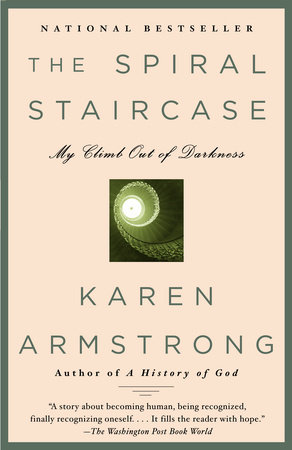 |
| Philip's Atlas Of World History |
Title: Philip's Atlas Of World History (Concise Edition, 2007) | ISBN : 0-540-8867-6 | General Editor: Patrick K. O’Brien | Publisher: Philip's an imprint of Octopus Publishing Group |
Year: 1st edition (May 1, 2002) | ISBN-13 : 978-0-540-08867-6 | Pages: 312
| Language : English | file: pdf
Philip's Atlas Of World History (Concise Edition, 2007)
Philip's Atlas of World History presents the entire story of
civilization, from man's earliest beginnings to the latest political
developments of the twentieth century.
It is specially designed to help the reader visualize the great
historical themes and turning points of the past by combining more than
400 color maps, which graphically depict the scope of these events, with
over 200,000 words of text to explain key historical themes and
contexts.
It also contains a 20-page gazetteer of historical places, biographies of important figures, and a 22-page time chart.
Ideal for home, secondary school and college use. This atlas
gives a fascinating, accessible and truly global, picture of events and
their impact on the world we live in today
Having already written a lushly illustrated overview of the beliefs and practices of the world's religions (World Religions,
also from DK), Bowker turns his attention to God and produces a book
chock-full of facts, stories, legends and illustrations about the ways
that religious traditions have developed their beliefs in God. Bowker
first examines the ideas of Nietzsche, Feuerbach, Freud and others to
demonstrate that all individuals and societies grapple with the meaning
of God. In roughly chronological order, Bowker surveys the history of
belief in God in animistic religions, Hinduism, Buddhism, Chinese
religions, Judaism, Christianity and Islam. He explores various aspects
of this belief, such as the meaning of dharma, the concept of wisdom and
the nature of pilgrimage. Yet Bowker's book contains numerous problems.
First, he never explains what he means by God. Is God the same as the
Sacred or the Divine? Without a clearer explanation, many of the
religions that he examines—Buddhism, for example—cannot be said to have a
God. Second, does God indeed have a history? That implies that God
would have had a beginning and will have an end, which runs counter to
the notion that God is eternal and ahistorical. Third, because he does
not provide a clear definition of God, Bowker levels the differences
among the world's religions so that it appears that the God of Judaism
is the same as the God of Hinduism. At best, Bowker provides a
superficial overview of the history of belief in God for the "religion
lite" crowd.
















